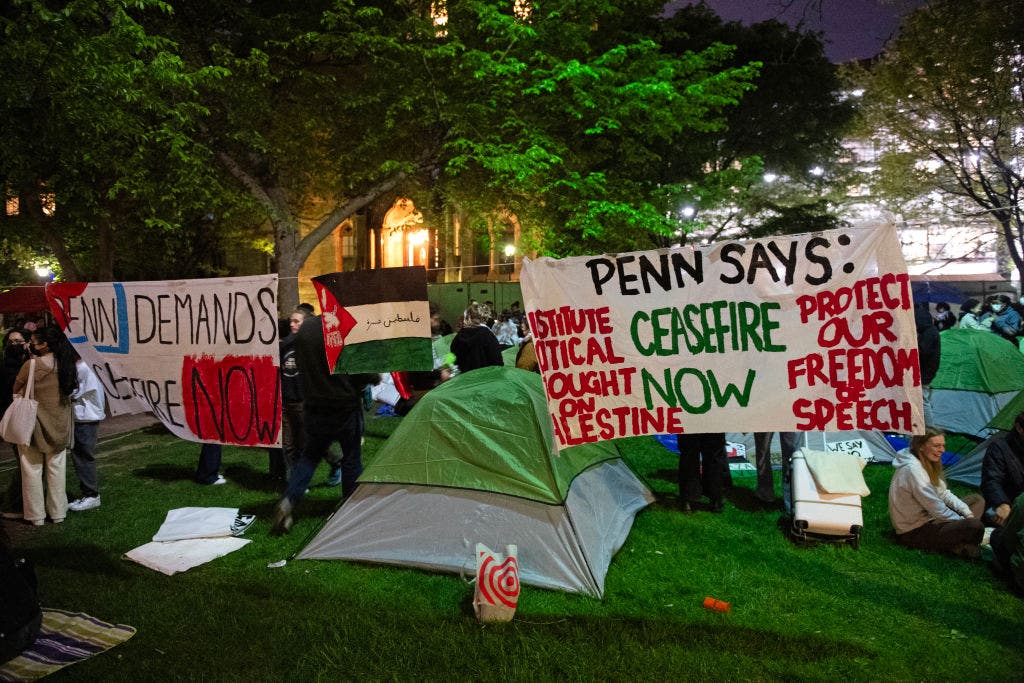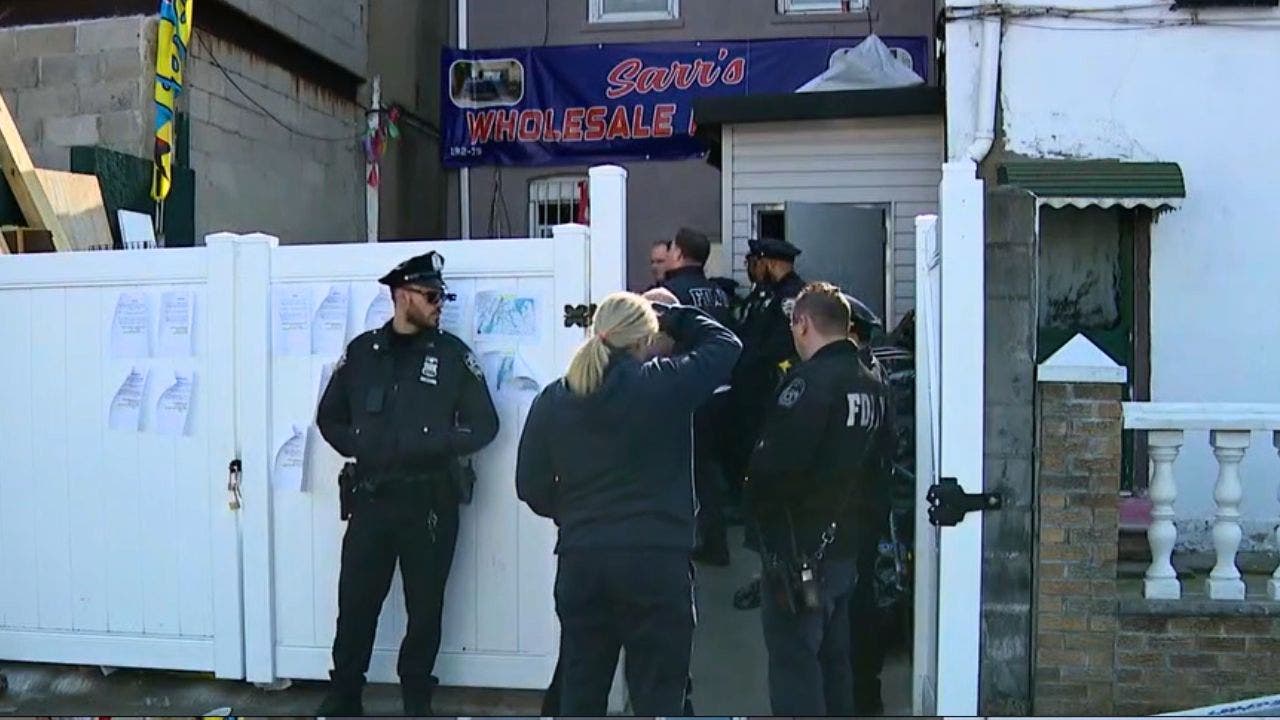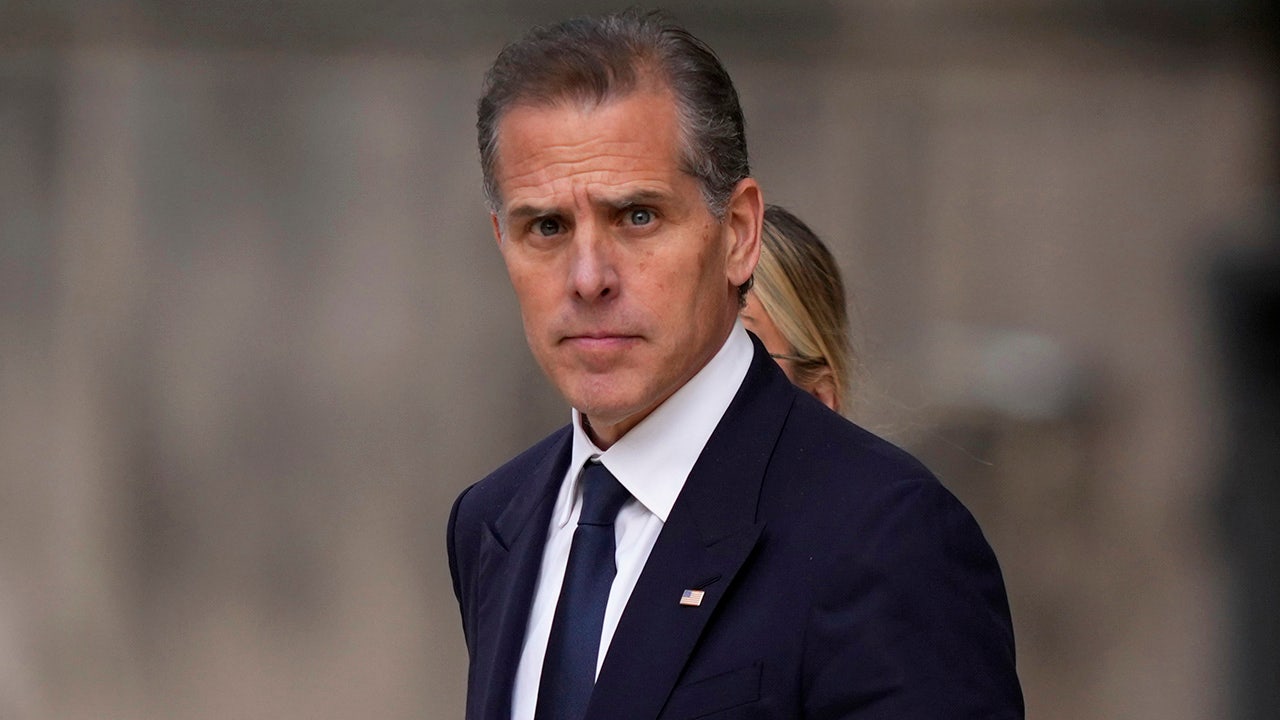Five years ago, I found myself in a coffee shop in Downtown Manhattan sitting across a table from Morgan Spurlock, a man I’d never met and whom I knew only as the creator of the hit documentary “Super Size Me.” A colleague had brought us together, thinking we might be able to forge a mutually beneficial relationship. As I told a friend in the lead-up to the meeting: “I think I’m supposed to teach Morgan Spurlock how to apologize.”
I was there because I’m a feminist writer who’d just written a book that grappled with the post-#MeToo moment and how we might find a way forward. Mr. Spurlock was still reeling from the self-inflicted wound of a confessional post he’d published during the height of #MeToo; one that acknowledged a long history of ugly behavior, including a college era rape accusation, an incident of workplace sexual harassment, serial infidelity and decades of alcoholism. Although he’d positioned his confession as taking accountability — “I am part of the problem,” he’d written, “but I am also part of the solution” — the post tanked his career, delayed the release of the sequel to “Super Size Me” and prompted him to step down from his production company.
Which was why we were having coffee.
When the news broke last month that Mr. Spurlock had died from complications of cancer, the arc of his life seemed permanently settled: a one-hit wonder who’d squandered his success by trying to get out ahead of a potential P.R. scandal. On social media, more than a few people derided him as a rapist who didn’t deserve to be mourned, a privileged white guy who’d hurt people on the way up and expected the slate to be wiped clean just because he’d admitted that he’d done something wrong.
I find myself chafing at this summary judgment. After that initial coffee, I’d stayed in touch with Mr. Spurlock and eventually we formed a friendship, one full of conversations about what it might mean to be a better person. Despite that relationship, I don’t consider him worthy of blanket forgiveness; I don’t even believe that he deserved a second chance at the spotlight. But I can’t shake the feeling that, nearly seven years after #MeToo, we still haven’t found a way for men who want to make amends to do so meaningfully. There were prominent figures brought down by #MeToo who’ve never asked for, nor deserved, our sympathy. But if we as a society want to truly break the cycle of harm, we need to offer an opportunity for forgiveness to those who are truly willing and eager to change.
We can remember Mr. Spurlock as a #MeToo casualty. Or we can look at him as a possible model for how people might honestly face up to the harm they’ve caused — and how the rest of us can better consider their efforts.
Mr. Spurlock’s initial public confession wasn’t polished or professional — he admitted to me once that he’d published it without showing it to anyone. But in its messy, unpolished form, his outpouring struck me as genuine and honest, raw and emotional, and antithetical to the massaged damage control we’d come to expect from other disgraced public figures. If Mr. Spurlock’s contribution to a larger conversation about systemic sexual abuse seemed imperfect, to me it also reflected what real growth can look like: a painful public reckoning that’s commensurate to the moment.
I came to see a few other valuable elements in his approach. He recognized that intent and impact are two different things. No matter how he might feel about his own intentions in any situation, the experience of the victim was paramount — a lesson he embraced over time. It felt to me like an essential breakthrough, having witnessed so many other public denials and apologies from prominent men that focused not on harm caused but on refuting claims, settling scores or salvaging reputations.
It’s sobering to me to realize in hindsight that, if Mr. Spurlock had simply said nothing, his reputation likely would have survived intact. Many celebrities touched by #MeToo scandals have since re-emerged relatively unscathed, either due to a shifting political climate, a steadfast refusal to be held to account or the inevitable cooling of the white-hot emotions that prevailed in that moment. But it seems wrong to me that Mr. Spurlock — whom I believe genuinely hoped to learn from his actions — would have fared better if he’d stayed silent. And it seems cruel that a man who attempted to take ownership of his actions accomplished so little beyond sabotaging his own career and public standing.
When I got the news of his death, I felt overwhelmed with tears. It wasn’t just because a friend had died, leaving two sons without a father. It felt unfair to me that his journey to make reparations, which I knew he’d genuinely hoped to complete, had been cut short. Even though he never found public absolution — in fact, because he never found it — I learned from him that the effort to become a better person is always worth undertaking, and that a good faith investment in understanding and addressing the wrongs you’ve committed should never be regretted. He wasn’t a perfect messenger for a feminist revolution or for systemic change. But he was someone who tried.
That is how I hope he will be remembered. And I hope when the next person tries, we can start to see their efforts with different, more accepting eyes.






